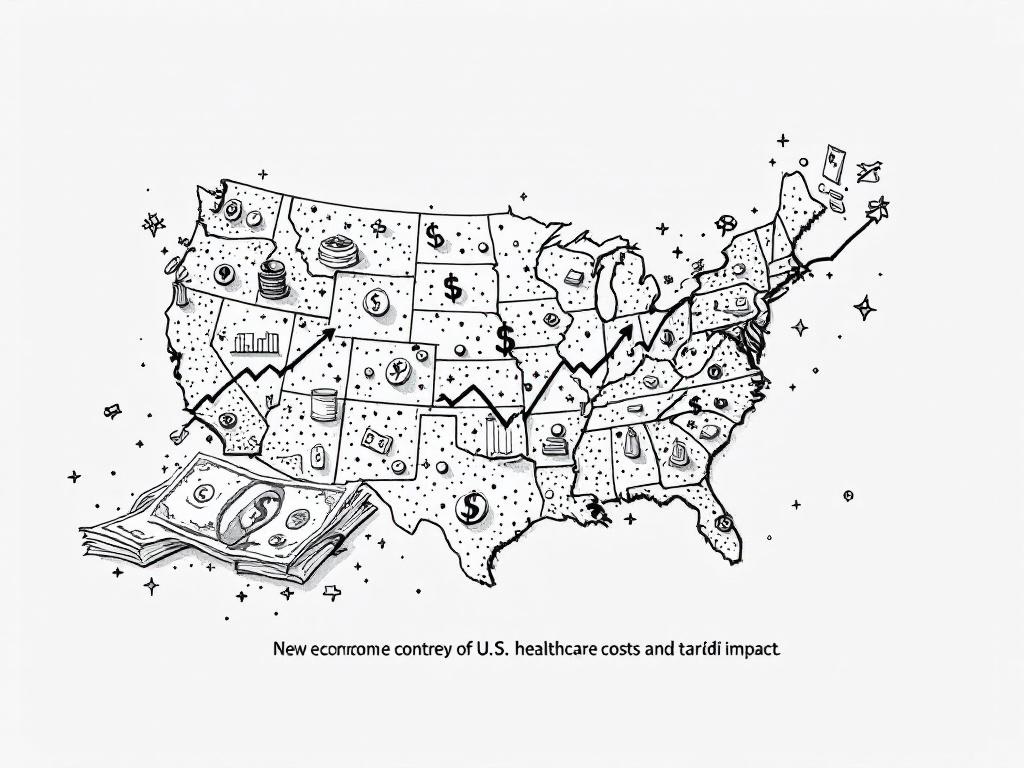Trump's Tariff Plan Threatens to Hike U.S. Healthcare Costs

Washington, D.C., Thursday, 10 July 2025.
Analysts warn that Trump’s proposed 200% tariffs on certain imports may burden U.S. healthcare consumers with higher costs, potentially weakening economic competitiveness and stifling innovation.
Potential Impacts on Healthcare Costs and Innovation
Former President Donald Trump’s planned 200% tariffs on pharmaceutical imports could raise healthcare costs dramatically, impacting over $200 billion in imports. This measure, expected to become effective by mid-2026, is intended to repatriate manufacturing but may escalate medication costs for consumers. Analysts have warned that this policy could amplify existing affordability issues, making essential medicines less accessible to Americans [6][7].
Economic Strategy and Competitiveness
Trump’s strategy to use tariffs as a tool for economic competitiveness contrasts with warnings from economists and industry leaders. They argue that such tariff increases might restrict competition by raising costs for U.S. companies reliant on imports. This could inhibit innovation and productivity in sectors already grappling with global competition. For instance, a report by the Brookings Institution highlighted that tariffs could force foreign pharmaceutical firms to exit the U.S. market, creating potential drug shortages [1][6].
Sector-Specific Effects and Industry Dynamics
The proposed tariffs are creating a divide in the pharmaceutical industry. While U.S.-based manufacturers may experience benefits, companies dependent on imported goods face considerable challenges. This polarity is not limited to pharmaceuticals, as the recently announced 50% tariffs on copper have shown similar dynamics within the metals and manufacturing industries [8][9]. Experts expect these policies to lead to price increases across the board, pushing companies and consumers to adapt to higher operational costs [8].
Global Repercussions and Trade Relations
The international response to Trump’s proposed tariffs reflects significant concern over their broader impacts. Major trading partners, including nations part of the BRICS group, are resisting the perceived aggressive stance on trade. They have consistently warned that such economic policies could destabilize global markets and worsen geopolitical tensions. Australia’s government, for example, is urgently seeking clarification on which pharmaceutical products will be affected, highlighting the international ramifications of U.S. trade strategies [6][10].
Sources
- www.nytimes.com
- ecency.com
- www.reuters.com
- www.theguardian.com
- www.forbes.com
- www.ainvest.com
- www.thomsonreuters.com
- www.reuters.com